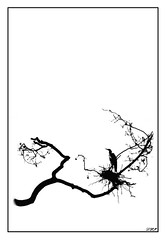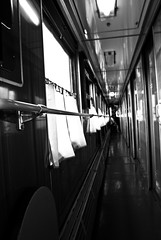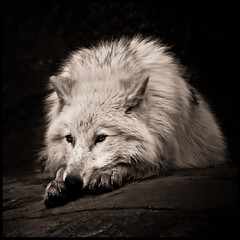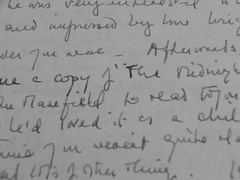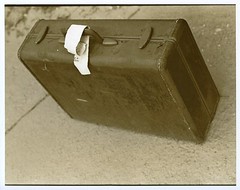
Stephen Elliott, The Adderall Diairies: A Memoir of Moods, Masochism, and Murder (Graywolf Press, 2009).
“. . . only a fool mistakes memory for fact” — Stephen Elliott, in the disclaimer to his memoir.
I decided to buy this book after I heard its author speak at the AWP writers’ conference in Washington. He stood up in a t-shirt that showed off his tattooed arms and, with charming and self-deprecating humor, offered some really good insights into the mechanics of writing. If nothing else, this guy had charisma. I wanted to know more, so I ordered The Adderall Diaries. I’m glad I did.
It’s a hard book to summarize: the stitch that holds it all together is an exploration of ambiguous confession.
Elliott starts the book: “My father may have killed a man.” He learns this after reading an unpublished memoir that his father (a failed writer) sends him. He then goes on a hunt to determine the truth of the confession, combing newspapers, checking county death registries, and so on. The search is inconclusive.
This first curious confession reproduces itself, but in slightly different form, when a casual acquaintance of Elliott’s confesses to having killed “eight and a half” people, the last of whom he claims was his lover Nina. Though most of the supposed victims of this would-be serial murder can be accounted for (his confessions are false), Nina is indeed missing. Her husband, not the would-be serial murderer who confessed to her murder, is charged with killing her. Elliott follows the trial of Hans Reiser, and we follow him doing so.
This is where it gets really interesting.
I once heard Michael Chabon (of The Amazing Adventures of Kavalier & Clay) say in an interview that he knew he was on to something good when it made him feel uncomfortable. I’ve been thinking about that a lot lately, as I work on my third book, and try to find the courage to tell some truths and find the edge of what I’m comfortable with. Elliott, for one, has gone to the edge of comfort and often goes beyond it.
Now, the murder confession is but a framing device in this book. More than true crime, it resembles a journey through Stephen Elliott’s mind and his past: addiction, overdose, homelessness, petty crime, suicide attempts, masochistic sex, gogo dancing, familial loss and estrangement, and, finally, a coming to writing.
In the end, the book itself constitutes a way out of pain for its author, but is by no means a cure: “I hear doors open but can’t see them. I move forward without a path. I am not sad all the time but I will always be sad sometimes. [. . .] Neat conclusions do nothing for me. I write to make sense, to communicate, to connect” (198).
Given the subject matter (murder, sadomasochism, addiction), a reader might be forgiven for expecting an icky memoir that tells too much, perpetuates voyeurism, and titillates through disturbing imagery. But this is not at all what I found.
Stephen Elliott’s book impressed me on so many levels. The writing, first of all, is superb. It’s simple and clipped and economical, so that when he describes harrowing scenes of suffering (mostly his own), there is no melodrama or self-pity. Where sex is concerned, the tone is frank, the details sparing. He manages to give insight into the dynamics and emotional payoff of S/M where the narrative necessitates, and then he moves on.
Perhaps most surprisingly, I found Elliott’s portrayal of women amazingly complex and affection-filled. This is rare in a book that explores (if peripherally) sexual power relations, and I suspect that it’s successful in its portrayal of women because Elliott has thought more carefully about sexual dynamics than most. In a scene towards the end of the book, the author’s father mockingly suggests that a woman walking by on the street might make a good dominatrix for his son. It’s a moment that we could pass over without comment from the author. Women, after all, are judged and denigrated and sexualized in public like this every day. But Elliott corrects his father, saying that dominant women rarely look dominant. There is more to most of us, he stresses, than meets the eye.
Elliott’s book ends on a quasi-hopeful note, but the message here is that life and writing are a process. In the final pages, he is still snorting Adderall (speed), if less than before, and his S/M continues. Both ostensibly help him write (and live), so it’s hard to distinguish his poison from its antidote.
Maybe that’s the point. Or one of them, anyway.
Ultimately, Elliott’s book is about survival, getting better, getting worse, keeping going, and about lies, truth, and how the two can sometimes be indistinguishable. It’s about writing as a life practice and healing mechanism. Importantly, it also proves that even the most confessional text can be art.
I found this book hard to put down.
You might too.
Try it.
[Photo: hipsxxhearts]



